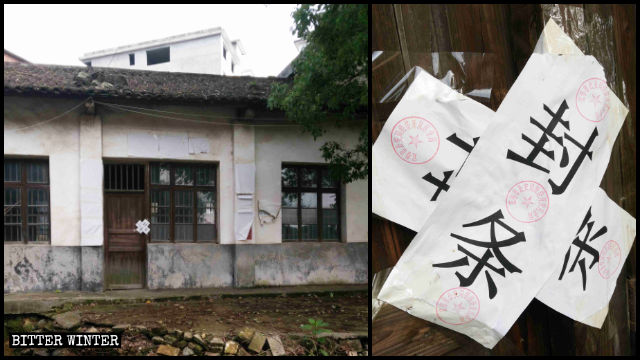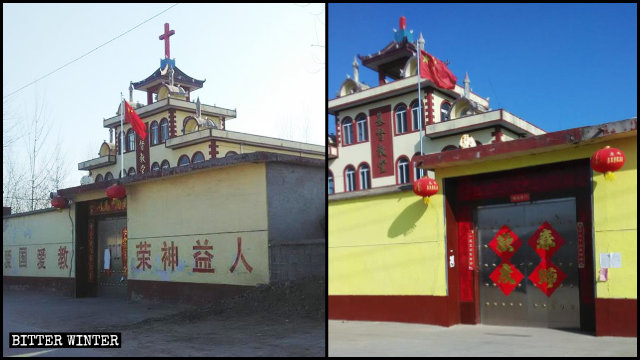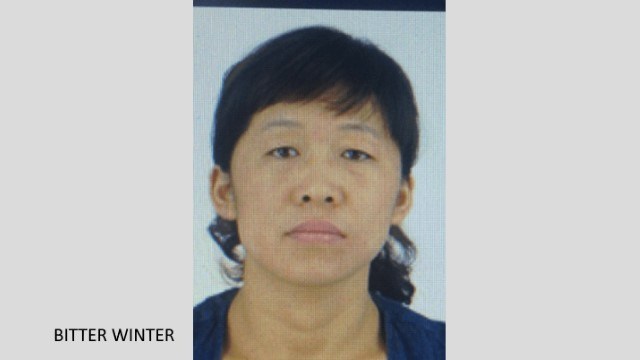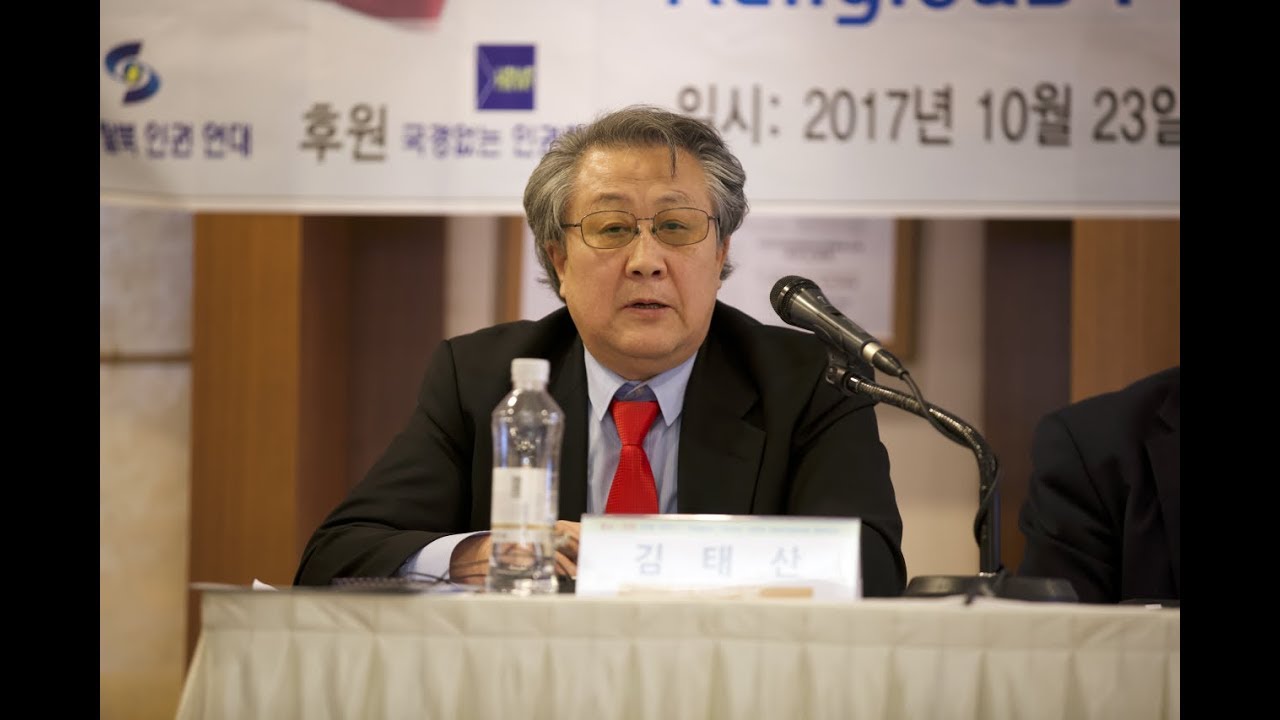Despite the hype on academic development, rural education is left behind. The rich continue to be rich and the poor continue to be poor.
Jason Hung
Education development is rocketing in China, with increasing number of top-tier national universities, especially Tsinghua University and Peking University, rank among the best in Asia. Yes, we cannot deny that educational investment in China comes to a significant success over the past decades. China has, yet, left rural education behind. A so-called academic success is far and away dominated by urban elites. Rural youths, with career hope or not, are denied from entering the door – the door to academic excellence and career diversity. At the end of the day, the rich continue to be rich, but the poor continue to be poor.
Rural Poverty
By law, the enactment of 1986 Compulsory Education Law of the People’s Republic of China by the National People’s Congress, in theory, requires all mainland Chinese students to receive at least six years of primary education and three years of junior secondary education. To further promote universal education and alleviate rural poverty, the 1995 Education Law of the People’s Republic of China argues, “Educated population shall enjoy equal rights under the law such matters as school entry, grade promotion and employment…” Rural education is seen as the overarching measure to minimise rural poverty rates by, for example, stimulating agricultural production and improving employment opportunities in non-agricultural sectors. Yet, despite the Central Government’s endeavours to deliver free, nationwide education resources, unequal educational access and rural poverty remain pronounced. In 2002, 148,000 rural villages were identified as poor. By the end of 2016, poverty rates in rural China had reached 4.5%, with a record of 43 million impoverished individuals living in rural areas. To facilitate poverty alleviation, this article identifies and criticises key barriers to quality rural education.
Difficulties in Educational Access
Impoverished rural Chinese youths face perplexing difficulties in educational access. In 1992, 156,981 rural children gained entry into primary schools. In 2004, only 8.2% of this rural cohort finished senior secondary education, while 61% of their corresponding cohort in urban China completed senior secondary education. Among those 8.2% rural Chinese students, merely 76% (i.e. 9,783 out of 156,891 students) sat for the College Entrance Examination, a nationwide university entrance examination. Further data revealed that while 90% rural students entered junior high school, as low as 1.3% rural students secured university entry.
China has a decentralised fiscal system which entails local governments to financially support education in their corresponding regions. In underdeveloped, rural areas, local governments often have a financial shortage to offer state-subsidised compulsory education, especially post-primary education. Without state-subsidies, impoverished households are unable or unwilling to pay for the necessary education fees for their children. In addition, local governments facing financial constraints fail to pay teachers and build teaching infrastructures and facilities.
Gaps in Education’s Quality
2008 National Inspection Report demonstrates the presence of gaps in subjective teaching satisfaction between rural and urban space. Rural teachers are often subject to low salary levels, unstable salaries, poor working conditions and heavier workloads than their urban counterparts. For example, despite the introduction of “county-based” basic education management system to facilitate rural teachers to receive their salaries fully and punctually, National Education Monitoring Group revealed half of rural teachers failed to obtain their salaries in full and on time. Also, 35.3% of rural teachers shared four or more classes of teaching responsibilities per week, while only 15.3% of urban teachers taught four or more classes weekly. Poor job satisfaction of rural teaching results in high turnover rates of quality rural teachers, prompting rural schools to hire lower quality teachers, including teachers with lower qualification and those who teach subjects beyond their expertise. Here teacher’s qualification is measured by the levels of teaching experiences and educational attainment.
Aside from unsatisfactory teacher’s quality, language barriers can significantly impede rural students from the entitlement to quality education. Since 1999, the Central Government has implemented Action Plan for Invigorating Education in the 21st Century where the use of Mandarin as a medium of instruction in educational curriculum has been mandated. While improved Mandarin proficiency helps reinforce national identity, rural students who are native in Chinese dialects may face linguistic difficulties at school, restricting their academic progress.
Financial Problems
Raising teachers’ quality, teaching facilities and improving educational curriculum in rural China entail substantial amount of financial investment. Since rural educational development has low financial return rates, the Central Government is, however, reluctant to prioritise financial investment in rural education. Also, very often do impoverished local governments deflect educational funding responsibilities to governmental authorities below them. The lack of governmental commitments in rural education development foster impoverished individual household units to finance educational duties. Without pragmatic governmental support, very unlikely can rural students enjoy equal educational access as what their urban counterparts usually enjoy.
Rural Chinese students face additional challenges when apply for top-tier national universities. Chinese educational policies dictate that students who demonstrate talents in the arts and sports can gain bonus points in favour of their university admission. Poor rural students rarely have the financial capacity to engage in these extracurricular activities, worsening their disadvantages in tertiary education entry. Chinese universities have the autonomy to set up their own minimum points required for admission. Top-tier universities often require rural students to outperform their urban counterparts in the College Entrance Examination, a policy in favour of admitting urban applicants. Such an unfair admission policy discourages academically excellent rural students from entering top-ranked national universities.
A Non-Inclusive Education
United Nations’s Sustainable Development Goal (SDG) four emphasises the importance of inclusive and equitable quality education as a fundamental, indispensable human right for the achievement of nationwide and worldwide sustainable development. Without the enjoyment of equal and quality educational resources, impoverished rural children and their families have a propensity to be restricted to agricultural, low income work, a condition which limits rural cohorts to intergenerational poverty and immobility. In order to eradicate rural poverty, the Central Government has to prioritise financial investment in rural education, in addition to regulating and monitoring local government’s finance in rural education. An increase in financial capacity designated for rural education is necessary to retain better quality teachers, enhance educational facilities and resources, and encourage impoverished rural students to receive non-compulsory education and participate in extracurricular activities. Only by then can young generations in rural China diversify their career and personal possibilities in the longterm.
When the rich continue to be rich, but the poor continue to be poor, China, by no means, can reach for a sustainable future. Rural people are left-behind, socially immobile, intellectually less able and poor. These traits do not reflect rural people are less talented or intelligent by nature, but they are denied their deserved educational rights – rights that are necessary to open up the door for academic and career possibilities for their next generations. Sadly, tomorrow is dim in rural regions while urban elites are celebrating the bright future ahead of them. Well, the rich continue to be rich, but the poor continue to be poor. And this is China.
Source:BITTER WINTER /









